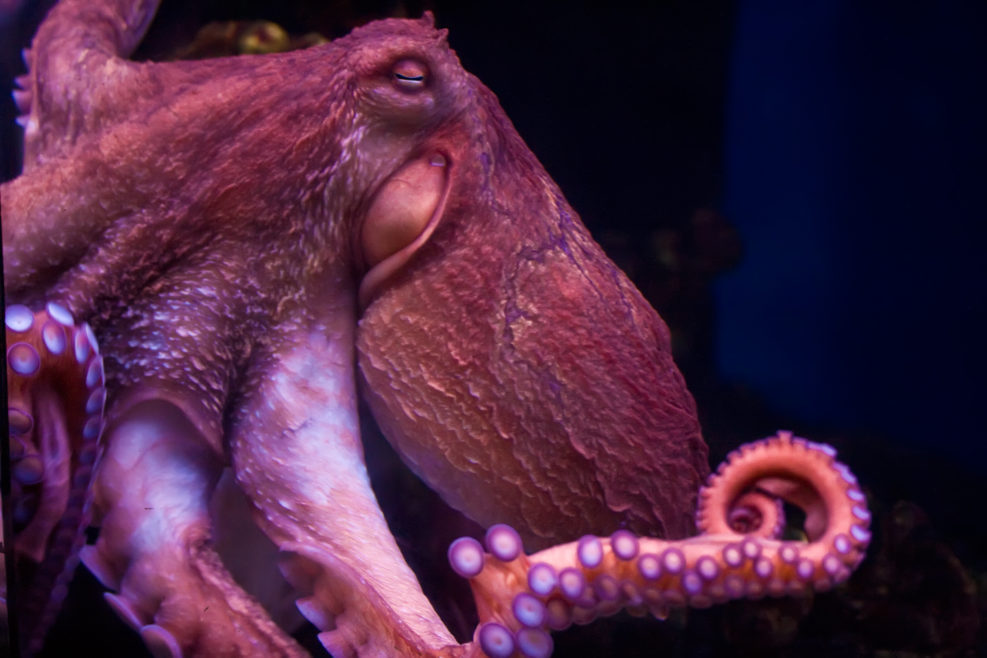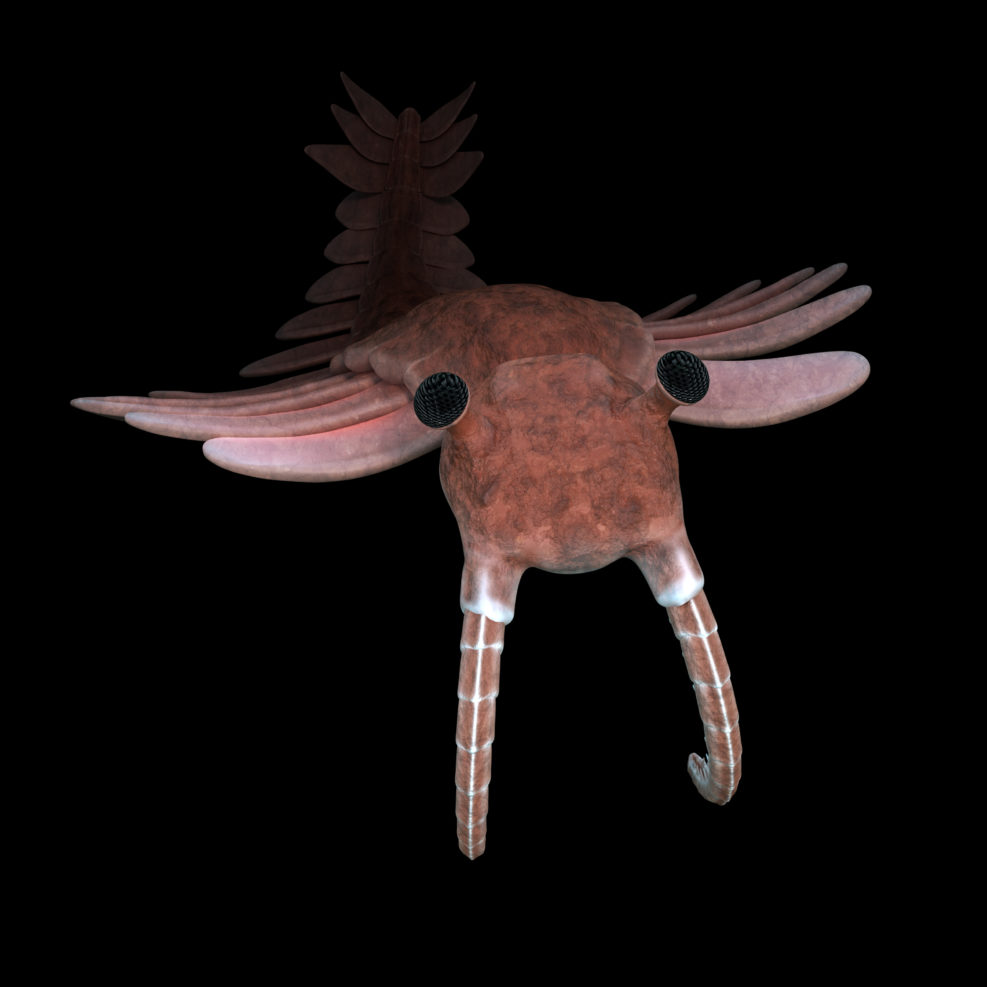
British Government Moves To Protect Octopuses From Cruelty
The move to protect cephalopods and crabs/lobsters follows from research showing their intelligence and awareness of painFollowing a report from the London School of Economics and Political Science, the British government has decided to extend animal protection laws to include “cephalopods (including octopuses, squid and cuttlefish) and decapods (including crabs, lobsters and crayfish).” No, this is not just another nut moment along the lines of “Salad is plant murder!” There’s a background: Researchers have discovered in recent decades that some invertebrates, especially those with complex central nervous systems, are much more intelligent and capable of experiencing pain (sentient) than we used to think. As George Dvorsky explains at Gizmodo, the British government introduced the Animal Welfare (Sentience) Bill in May. The bill defined sentient animals as animals with backbones (vertebrates). However, scientists have known for some Read More ›
